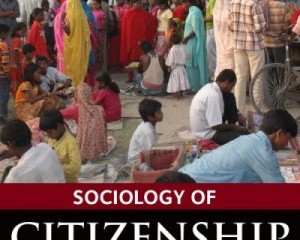
Between Nation-State and Ummah’s Appeal: The contradictions of Islamism in contemporary India and Bangladesh
Generally, Islamists believe in the Universalist concept of Ummah (Islamic community of believers), a supranational or transnational union. The Islamists’ call for unity of the Ummah is based on the belief that Muslims throughout the world should have a sense of solidarity among them cutting across the borders of the nation-state. In this respect, Islamism has justifications to oppose the concept of the nation-state. The Islamist ideologue Maududi (1993) was opposed to the idea of the nation-state, and citizenship based on nationality, considering nationalism to be divisive and as such incompatible with Islam (Maududi 1992).
Conceptually, ‘Ummah’ incorporates the Muslim community in the world as a whole. Therefore, Islamism always tries to claim itself as a ‘mass ideology’ instead of a ‘class one’. For a mass ideology, it asserts the unity of ‘Ummah’ where persons across class, national, linguistic and gender divides can become a part. As an effective tool of political mobilization, the universal concept of Ummah is absolutely crucial in Islamist political ideology. In Laclau’s (1996) terms, one can argue that in Islamist politics, Ummah acts as an ‘empty signifier’ around which different particularities are organized to claim a common universal identity. The idea of Ummah provides the ground for Islamists to take the challenge of rallying the entire Muslim community under a single political project, a project I call Islamist populism.
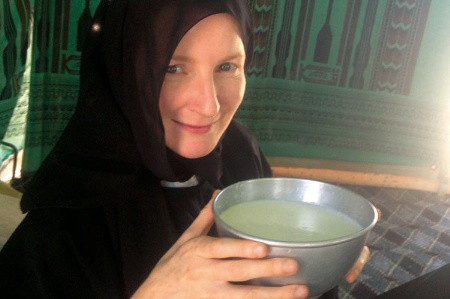
Oxford to Yemen: from literary scholar to tribal adviser
In today’s academic environment, two watchwords that crop up on most project target lists are interdisciplinarity and impact. Find out how both are being brought to bear on new research in the outlying tribal regions of Yemen. As a Senior Research Fellow and Arabic specialist I have been working in Egypt and Yemen in the years following the outbreak of the Arab Spring in 2010. My research started in Egypt with a survey of media, culture and public opinion in the aftermath of the revolution, together with political scientists from Oxford’s DPIR and Cairo University. At the same time, my study of the use of poetry in Yemen’s jihadist journals brought me to a new political interest in how Yemen’s transition to a federal system is playing out in Yemen’s eastern regions. Together with local tribesmen, I sought to gather popular opinion on the range of social, economic and political challenges facing them, which in turn precipitated the formation of an elected cross-tribal council. I’m continuing to talk to governments and the UN about problems faced by the tribes in eastern Yemen and the associated political instability.
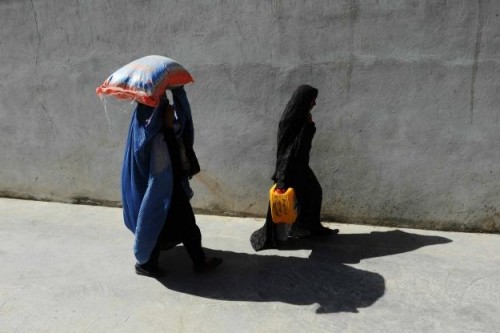
Stabilising provincial Afghanistan: How to get It right
Kabul’s ongoing presidential election negotiations aren’t the only dramatic transition underway in Afghanistan. The ambitious U.S.-led “surge” launched in 2009, which bolstered foreign troops mainly in southern and eastern Afghanistan, has given way to a drawdown, paralleling a major downsizing in the development sphere. Aid budgets are contracting, and provincial reconstruction teams (PRTs) and other subnational civil-military installations — long key international platforms to distribute aid and engage local politics outside Kabul — are closing down.
As the local-level foreign official presence phases out of more volatile and remote areas, how should donor assistance strategies adjust? A new paper from the U.S. Institute of Peace, which builds upon fieldwork from the past three years, argues that 2014 marks an important opportunity for donors to recalibrate three central tenets of their subnational governance and development strategy.
First, donors should revise their conceptions of assisting Afghan government “service delivery.” To be sure, delivering services seems commonsensical in a country that sorely lacks them, but PRT-based projects often confused their ambition to cultivate recurring services with their reality of launching a constellation of unsystematic and often one-time projects. The sheer numbers of foreign personnel and agencies operating at the subnational level — all responding to a higher-level focus on “burn rates” — further fueled the disparate character of aid distribution.

Travelling to the UK? On the Pain, Separation and Dehumanisation of Student Families from ‘High-Risk’ Countries
The violence and despair of the militarised and exclusionary immigration policies of ‘Fortress Europe’ have been well documented. Institutionalised racism combines with an openly hostile bureaucracy of ‘paper walls’. In the UK Home Office, officials are encouraged through a perk system that awards shopping vouchers to officials who decline the highest number of asylum applicants per month. In Fortress Europe: Dispatches from a Gated Continent, Matthew Carr (2012: 120) describes the immigration-media nexus in the UK as a ‘mutually reinforcing consensus between governments, the media and the public that invariably depicts immigration as an endless crisis [and undocumented migrants as] dangerous and dehumanised invaders massing outside the nation’s borders’
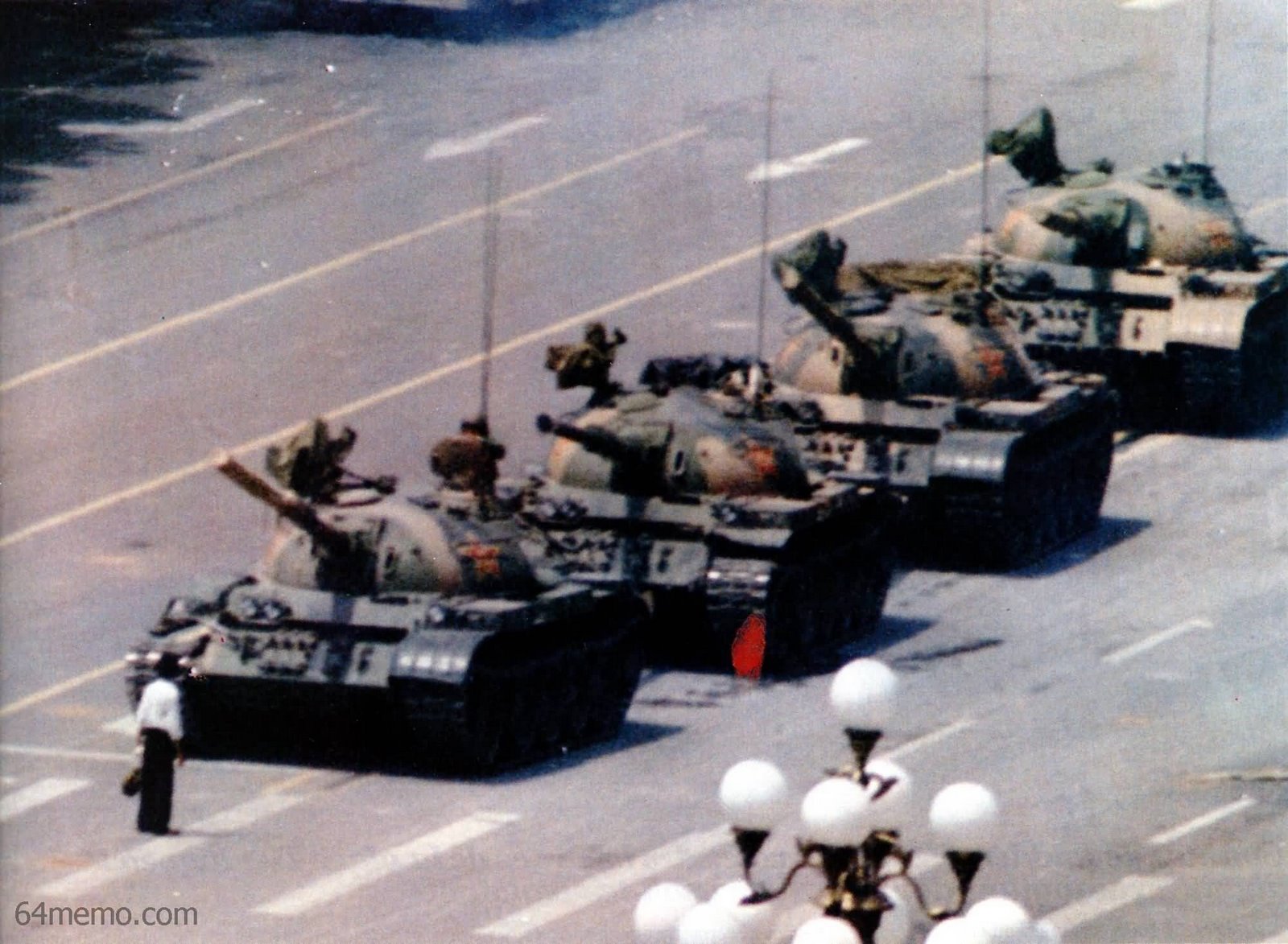
The Anniversary of Tiananmen
4 June 2014 marks the 25th anniversary of the quelling of the demonstrations in Tiananmen Square. The event was a near-death experience for the Chinese Communist Party, which turned its tanks on the workers and students in the centre of Beijing. Even today, the subject is taboo in China itself; the subject is never discussed, and when mentioned (rarely), it is captured in the vague term “turmoil.”
Yet the event still haunts China today. It haunts China’s reputation. Because the subject has never been discussed, debated, or mourned, it still stands as a central point in the critique of China’s government around the world. However much China’s economy grows, its education system changes, its international standing increases, the “memory hole” in the centre of its contemporary history remains and can always be brought up as a criticism – as long as China refuses to deal with this most traumatic event in its recent past, it cannot fully engage with a world where openness, transparency, and connection is so much more important than it was even in 1989.
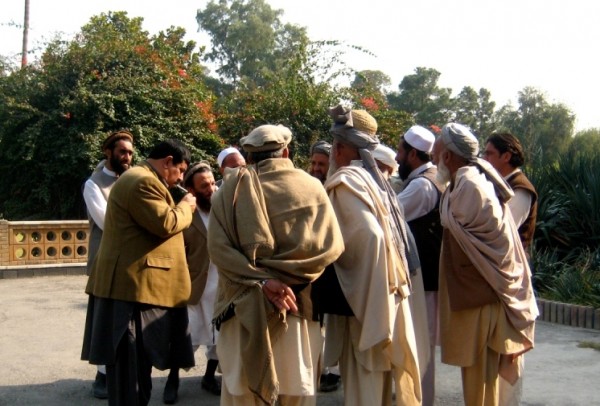
Lessons from Afghanistan: Warlord politics aren’t always bad for democracy
“Without branding all generals and statesmen as murderers or thieves … a portrait of war makers and state makers as coercive and self-seeking entrepreneurs bears a far greater resemblance to the facts than do its chief alternatives: the idea of a social contract, the idea of an open market … the idea of a society whose shared norms and expectations call forth a certain kind of government.” Charles Tilly, 1985
As Afghanistan’s election season marches on, Charles Tilly’s unsavory portrait of statesmen as “coercive and self-seeking entrepreneurs” seems eerily resonant. Observers worry that despite record turnout by voters, the campaigns featured opportunistic deals between power brokers with checkered backgrounds and that those bargains will determine the election’s ultimate outcome. Indeed, over the past decade foreigners and Afghans alike have bemoaned the slippery and self-interested machinations of Afghanistan’s ruling class. The international community has invested a great deal to help the Afghan state move toward the ideals of good governance we associate with liberal democracy in the West. Why has progress been so halting?
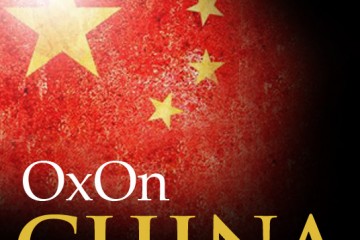
What is the future for the ‘China governance model’?
The leadership turnover in China last year took place in a shifting political situation. Namely, there have been increased calls for more political accountability and multi-candidate elections, broader media freedom and financial reform.
We need to watch this closely. How China’s leadership reacts to these calls for change will determine whether it will continue its phenomenal ‘rise’ or be hampered by intransigence.
Let’s take a closer look at the context. The uprisings in the Arab world have prompted many to ask whether China will be the next to be swept along in a wave of popular unrest that has toppled rulers in several countries. Indeed, the Chinese leadership, both in power and previously in power, has been watching the situation carefully. This attention has been particularly justified considering that the current Chinese president assumed power at a time when social media became a real force. These new forms of communication played an undisputable role in the Arab and Maghreb uprisings. Now, half a billion Chinese are registered on Sina Weibo, a website much like Twitter. This online platform has served “netizens” to voice many complaints ranging from governance malfunctions and corruption to food and environmental issues.
This raises inevitable questions. Is the bid for democratic reform a matter of time? Might the prediction of an “end of history” and of a uniform move in the direction of liberal democracy make a comeback? Or, might there be other sustainable alternatives?
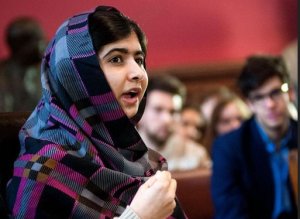
Malala’s Visit to Oxford
Pakistan has always been a divided nation—divided between the forces of progression and regression, between secularists and the rest, between those who believe in social equality and those who don’t. Three days before Pakistan gained independence in 1947, Jinnah, the founding father, made clear that religion would have “nothing to do with the business of the state.” Yet, within a year after his death, the Mullahs prevailed. TheObjectives Resolution, passed by the Constituent Assembly in 1949, laid the basis of an Islamic Republic where religiosity has progressed with every passing decade, culminating in its current violent form.
Resistance to religiosity in the country has also been constant. Zulfikar Ali Bhutto, the first elected prime minister, attempted liberal socialism in the 70s, but had to succumb to the religious right and was finally hanged by an Islamist general. His daughter, Benazir, struggled for progressive politics since the 80s, until her fateful assassination in 2007.
The alternatives are well known. In their attempt to impose Sharia in the past decade, Taliban extremists have silenced thousands of lives. Yet saner voices continue to emerge to champion national struggle against religious bigotry.
Malala Yousafzai, the survivor of Taliban assassination bid last year, is the latest exponent of this just cause. With the late Benazir as her role model, the 16-year-old girl from a rural town says she wants to become the prime minister of Pakistan.









